WWW FEATURE: Charlene Lebrun
Womenize! Wednesday Weekly is our weekly series featuring inspirational women from games and tech. For this edition we talked to Charlene Lebrun, Director & Publicist at Player Two PR Ltd. in London. Read more about Charlene in this interview:
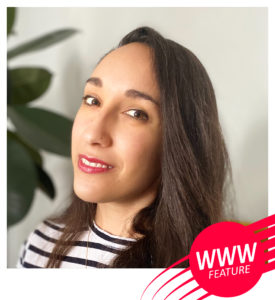 Hi Charlene! As Director & Publicist at Player Two PR Ltd., what are your main responsibilities and challenges from day to day?
Hi Charlene! As Director & Publicist at Player Two PR Ltd., what are your main responsibilities and challenges from day to day?
Every day is different! Some of it revolves around running the company itself, guiding my team and handling business development, but also mucking in and running campaigns: from writing press releases, discussing certain games with journalists and content creators, to coming up with strategies for each title we look after, not to mention managing booths at events (although not this year!) and running Kickstarter campaigns. I also spend some time every day liaising with our clients and making sure their release has the best chance of success, which sometimes means helping with QA, finding contractors for them or giving feedback on the game itself. There’s never a dull day, and indie games can be a hard sell no matter how good they are, but that challenge is part of why I enjoy it.
Having worked in both, the triple A world and indie games industry, are there any major differences or similarities that you’ve identified?
There are a few! A bit like in every field, working with smaller companies you tend to wear many different hats and work closely with everyone, while in AAA you have much larger teams working on each project as well as a stronger hierarchy of people to work with, so things tend to be a bit slower and safer. That said, in AAA the budgets are much larger and that allows both the devs and the marketing to execute bigger ideas, which is also really exciting! There are also similarities of course, in the general life cycle of development and the different elements needed around it to make a release work.
You are also an active Women in Games Ambassador. Which values are important to you and where do you wish to raise more awareness?
I’d like to see the games industry become more diverse. Things are better than they were a few years ago and communications is an area of the industry where women are more represented, but I hope that someday soon, we can see true diversity (on all accounts, not just for women but for everyone) in the industry and for it to be considered normal. If the recent accounts of sexual harassment (and how those situations were handled by management) proved anything, it’s that we still have a long way to go in creating welcoming spaces to work in. The way I see it, it starts with bringing in a more diverse workforce and making employers accountable for treating them well.
Thank you for your time, Charlene!
Charlene’s Links: Charlene’s Twitter | Player Two’s website
WWW Feature by Sophie Brügmann

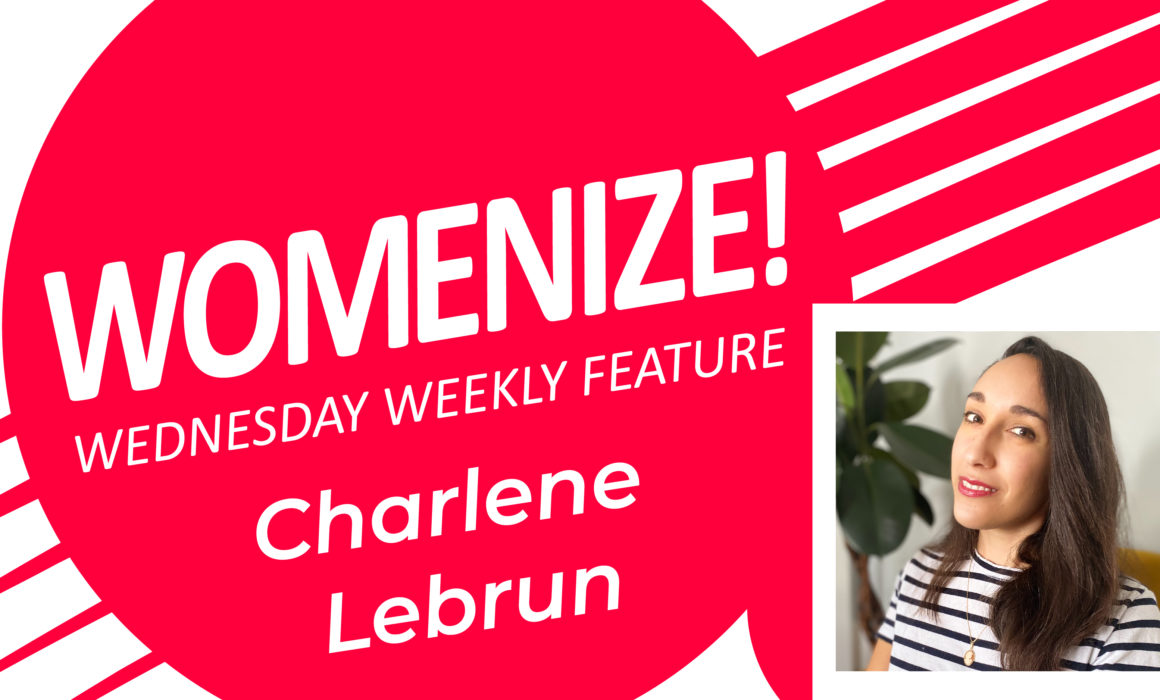

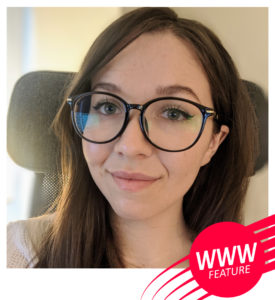 Hi Éloïse! Your new game, Lemon Cake, is coming soon. Could you tell us a little bit more on why and how you became a game dev and 3D artist?
Hi Éloïse! Your new game, Lemon Cake, is coming soon. Could you tell us a little bit more on why and how you became a game dev and 3D artist?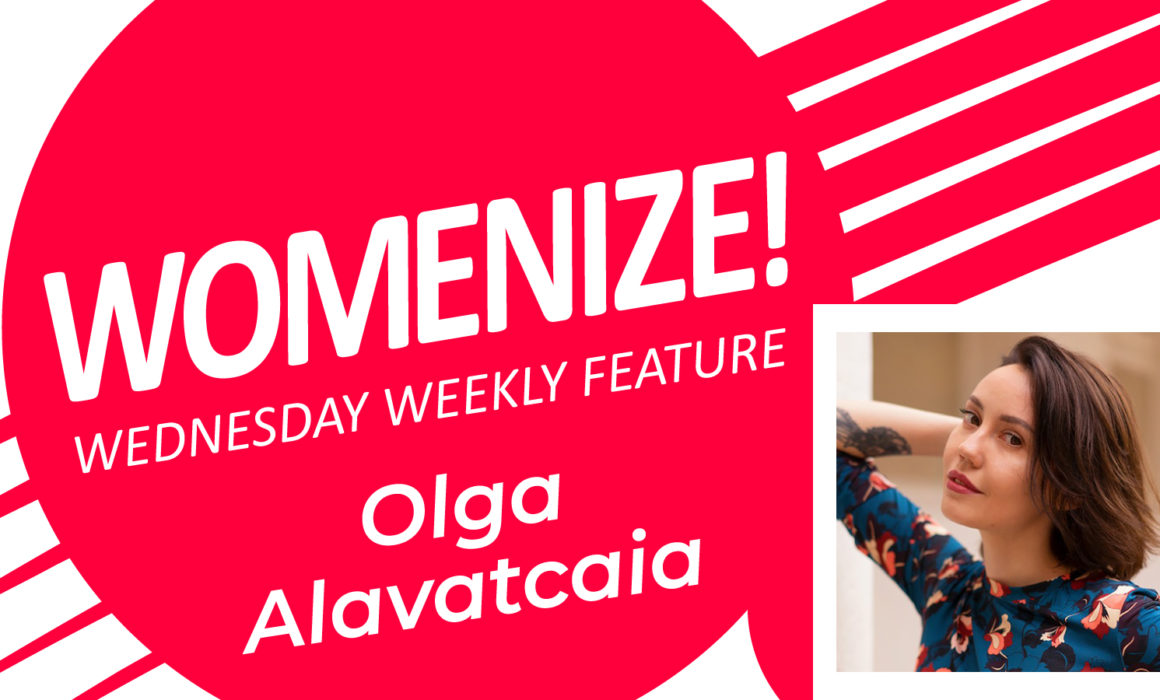
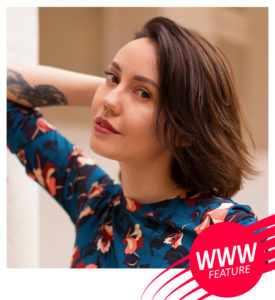 Hi Olga! Apart from being a passionate Senior Artist at your job, you are also working on some personal projects every now and then. Is there any creative idea you’ve recently developed or experimented with, that you’d love to share with us?
Hi Olga! Apart from being a passionate Senior Artist at your job, you are also working on some personal projects every now and then. Is there any creative idea you’ve recently developed or experimented with, that you’d love to share with us?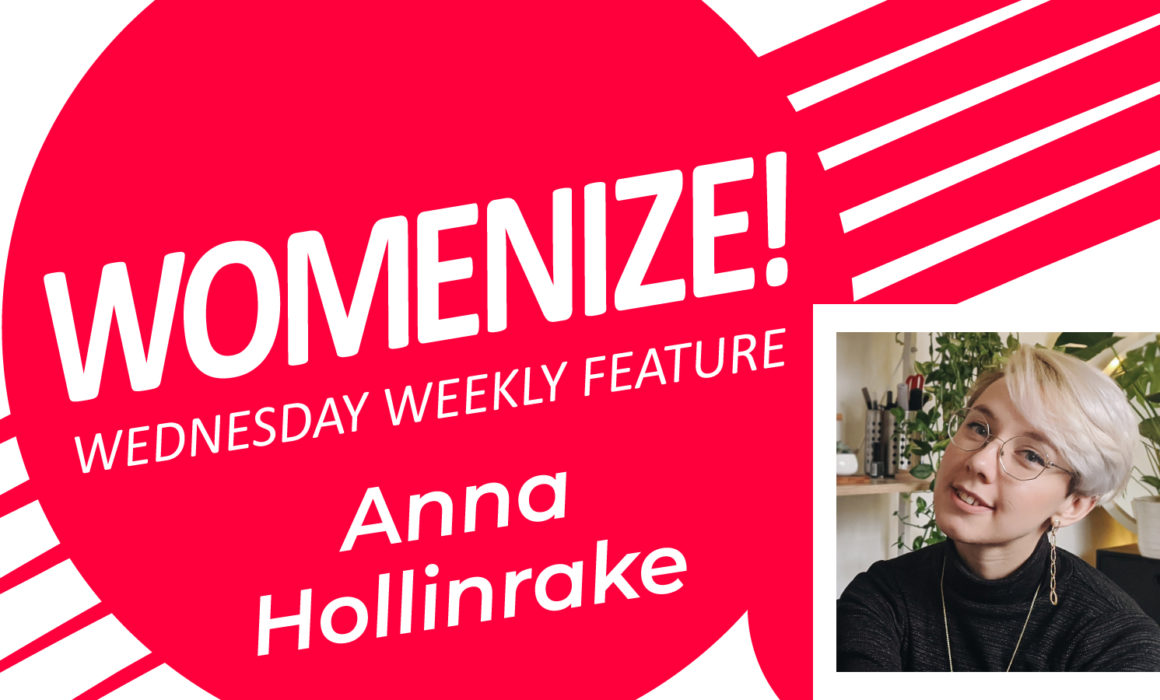
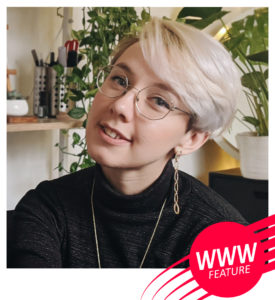 Hi Anna! You work as a Principal Artist at Mediatonic and have gathered years of experience as an artist in game development and television even before that. Could you tell us a bit more about why you chose to work in games, and your journey towards your current job?
Hi Anna! You work as a Principal Artist at Mediatonic and have gathered years of experience as an artist in game development and television even before that. Could you tell us a bit more about why you chose to work in games, and your journey towards your current job?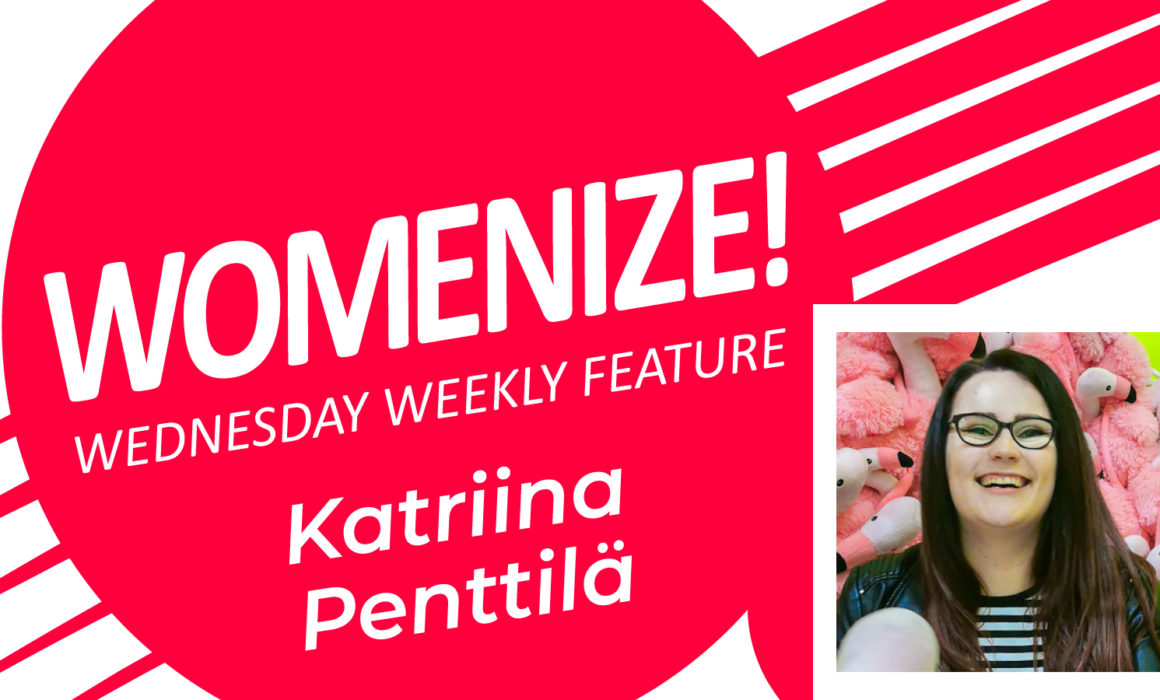
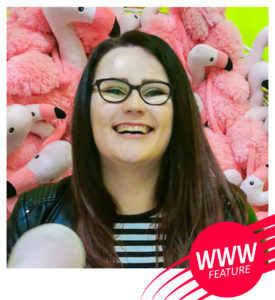 Hi Katriina! You have quite a lot of experience working in fields such as Social Media, PR, Marketing and Event Management. How did you get started in the gaming industry originally?
Hi Katriina! You have quite a lot of experience working in fields such as Social Media, PR, Marketing and Event Management. How did you get started in the gaming industry originally?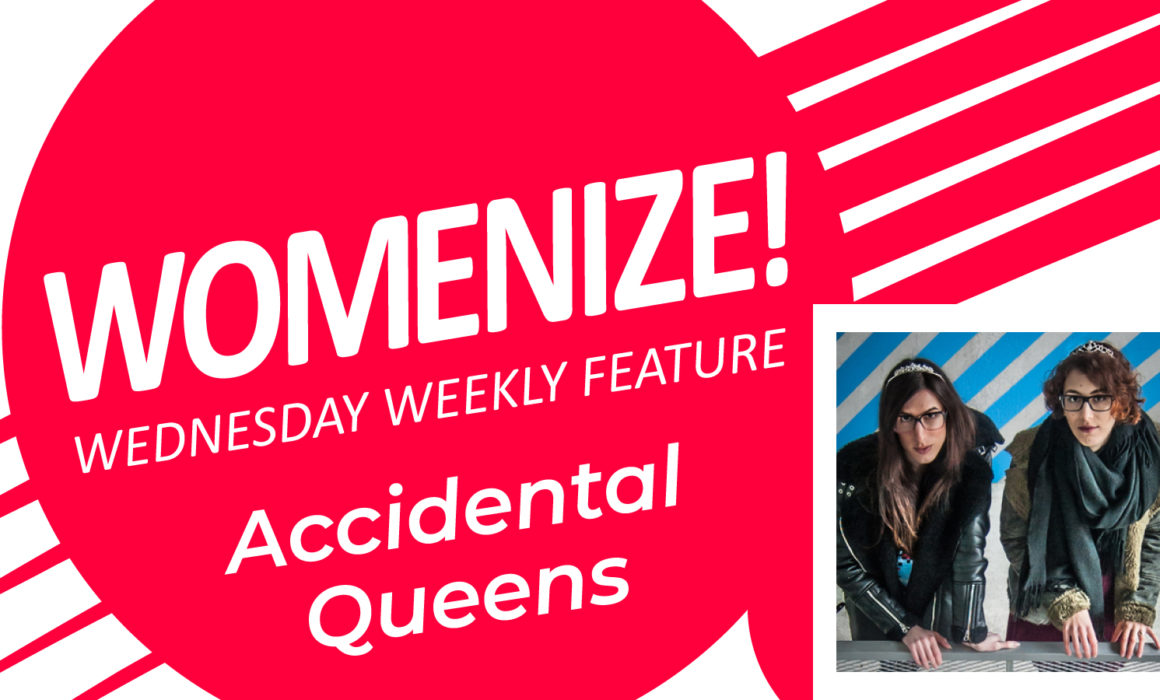
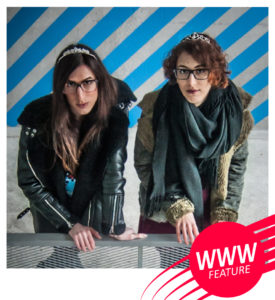 Hi Diane and Miryam, thanks for taking the time to answer our questions! Your game dev studio “Accidental Queens” was founded over three years ago and is well-known for the “Lost Phone” games, as well as for the game “Alt-Frequencies”. Can you tell us a bit more about your journeys into the games industry as programmer and artist, and how you then became queens “by accident”?
Hi Diane and Miryam, thanks for taking the time to answer our questions! Your game dev studio “Accidental Queens” was founded over three years ago and is well-known for the “Lost Phone” games, as well as for the game “Alt-Frequencies”. Can you tell us a bit more about your journeys into the games industry as programmer and artist, and how you then became queens “by accident”?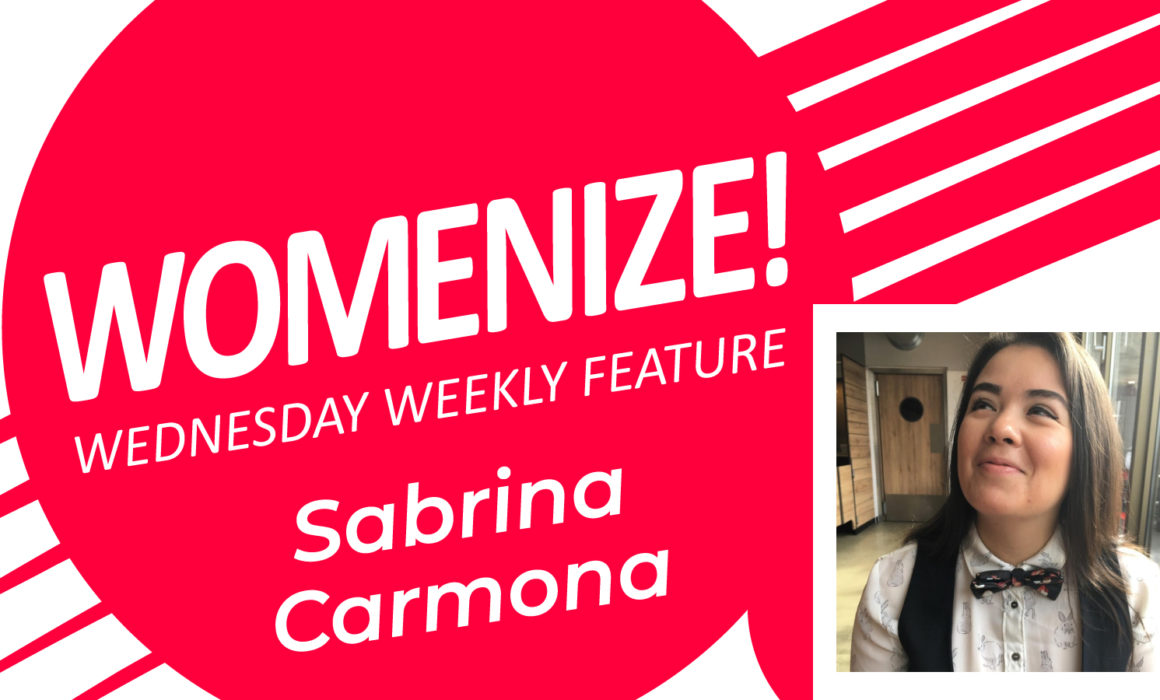
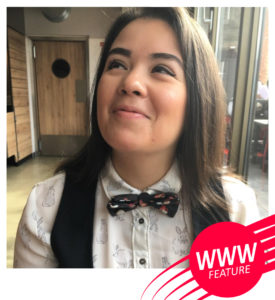 Hi Sabrina! You are working as an Executive Producer and Head of the Farm Heroes Saga at King and have gained many years of experience in game production even before that. Could you tell us a bit more about your journey of getting into the games industry?
Hi Sabrina! You are working as an Executive Producer and Head of the Farm Heroes Saga at King and have gained many years of experience in game production even before that. Could you tell us a bit more about your journey of getting into the games industry?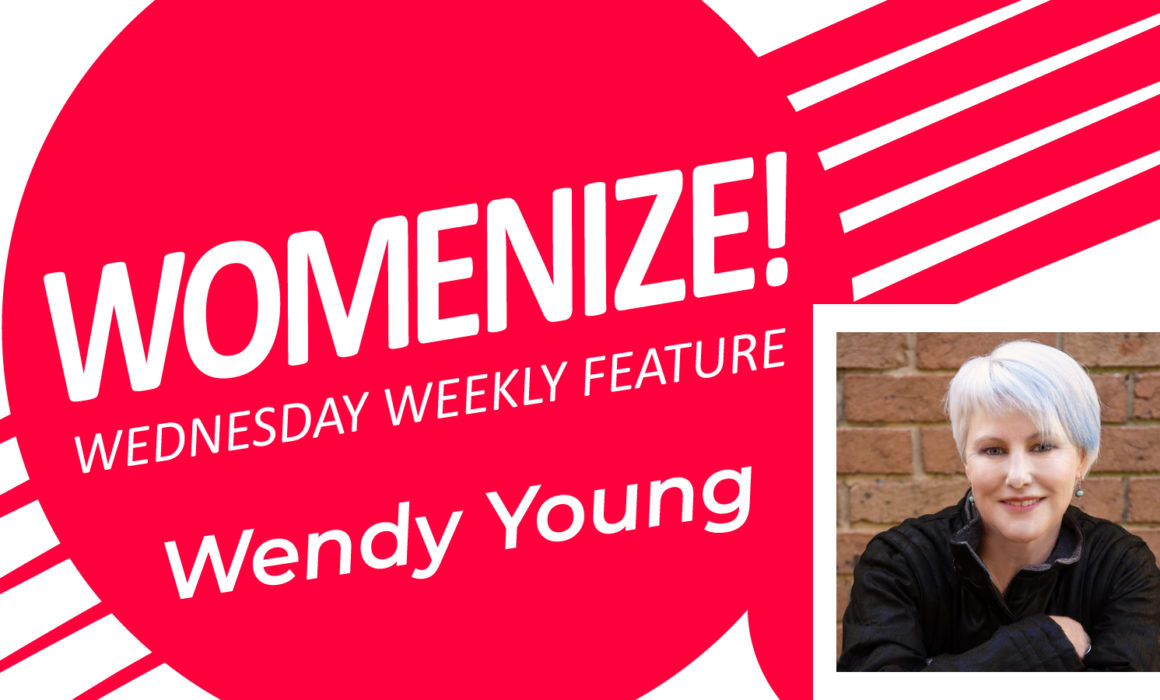
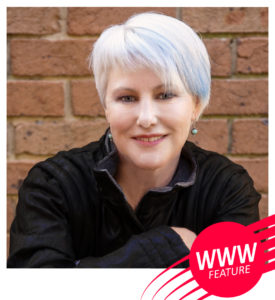 Hi Wendy! You are a professional coach, supporting Indie Game Developers in Australia and all over the world. Could you give us some insights into what your work is about?
Hi Wendy! You are a professional coach, supporting Indie Game Developers in Australia and all over the world. Could you give us some insights into what your work is about?
 Hi Sandra! You have just recently published a book called Magie der Gewohnheit (Magic of Habits). How did you choose this topic specifically – and would you like to give us a little preview as to why habits are important?
Hi Sandra! You have just recently published a book called Magie der Gewohnheit (Magic of Habits). How did you choose this topic specifically – and would you like to give us a little preview as to why habits are important?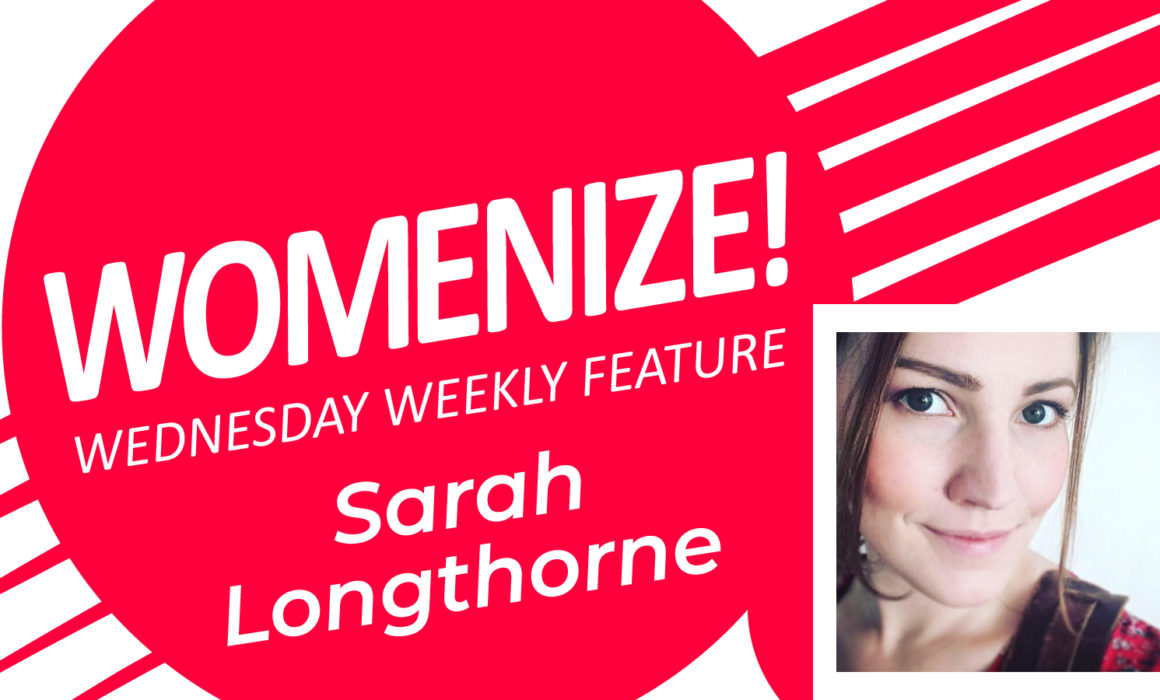
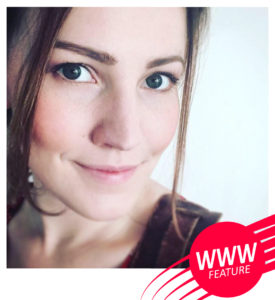 Hi Sarah! You are working as a narrative designer at Sumo Digital, an award-winning game developer, and have gathered years of experience in this field. Could you tell us a bit more about your journey towards your current position?
Hi Sarah! You are working as a narrative designer at Sumo Digital, an award-winning game developer, and have gathered years of experience in this field. Could you tell us a bit more about your journey towards your current position?